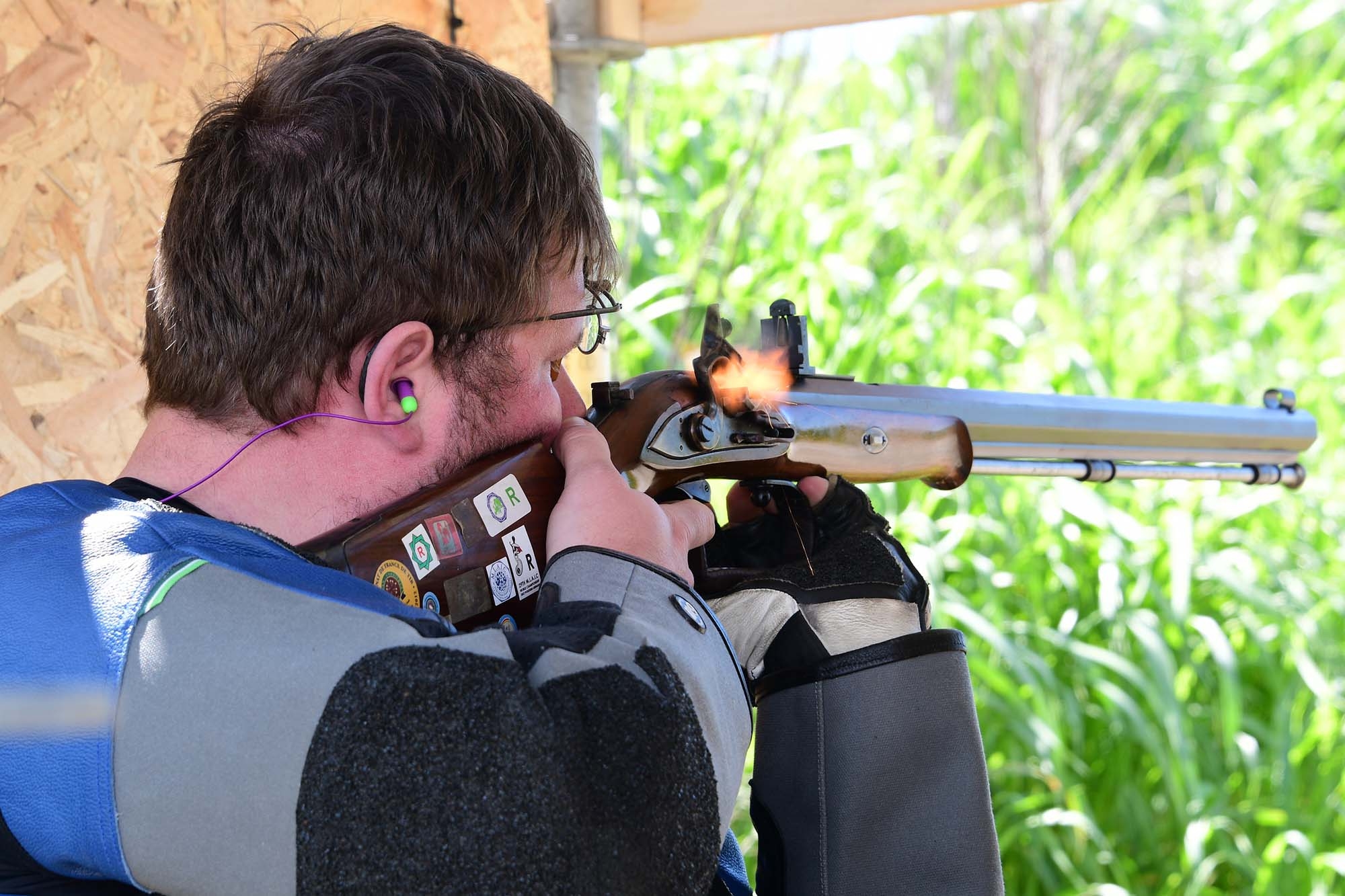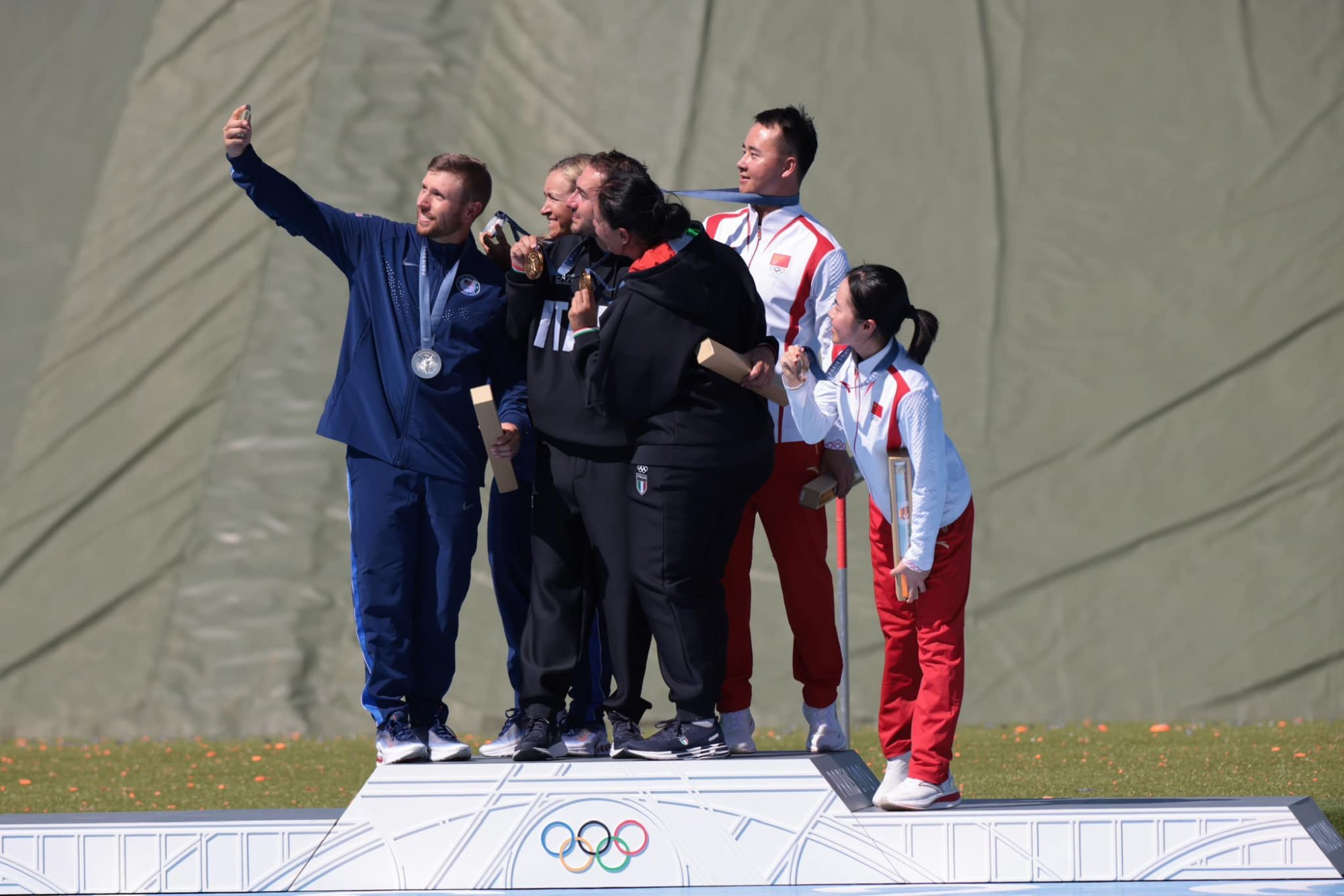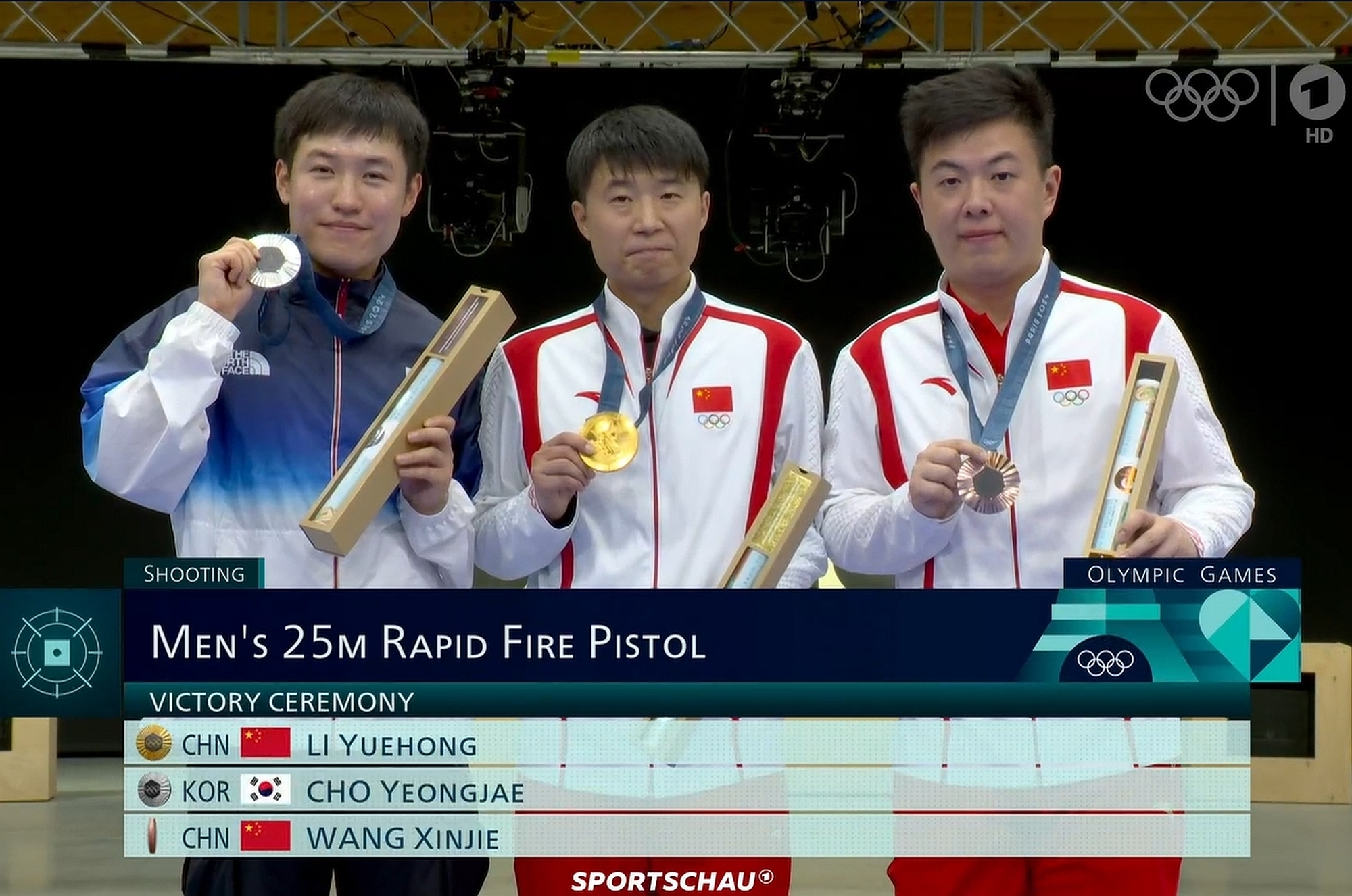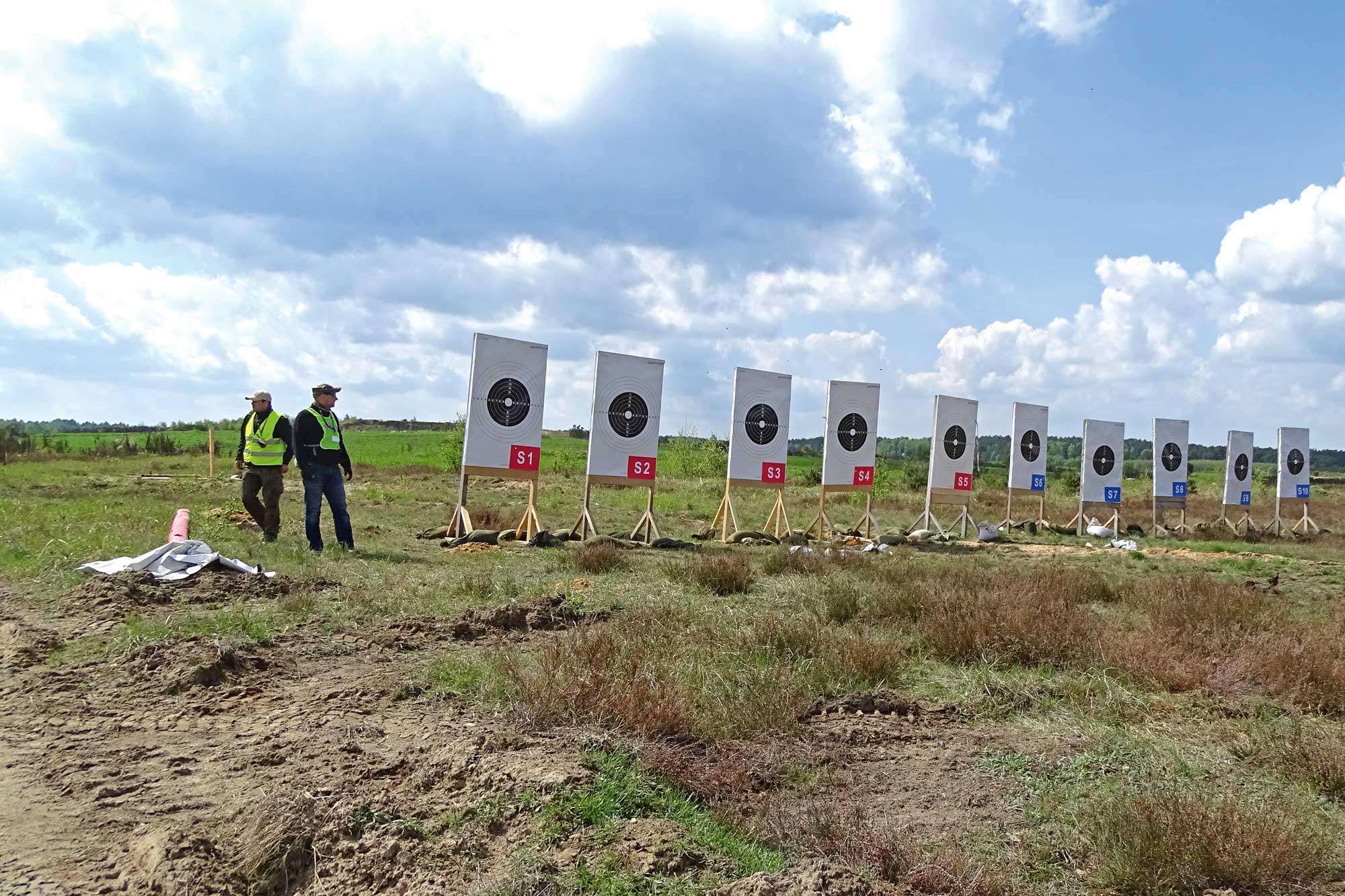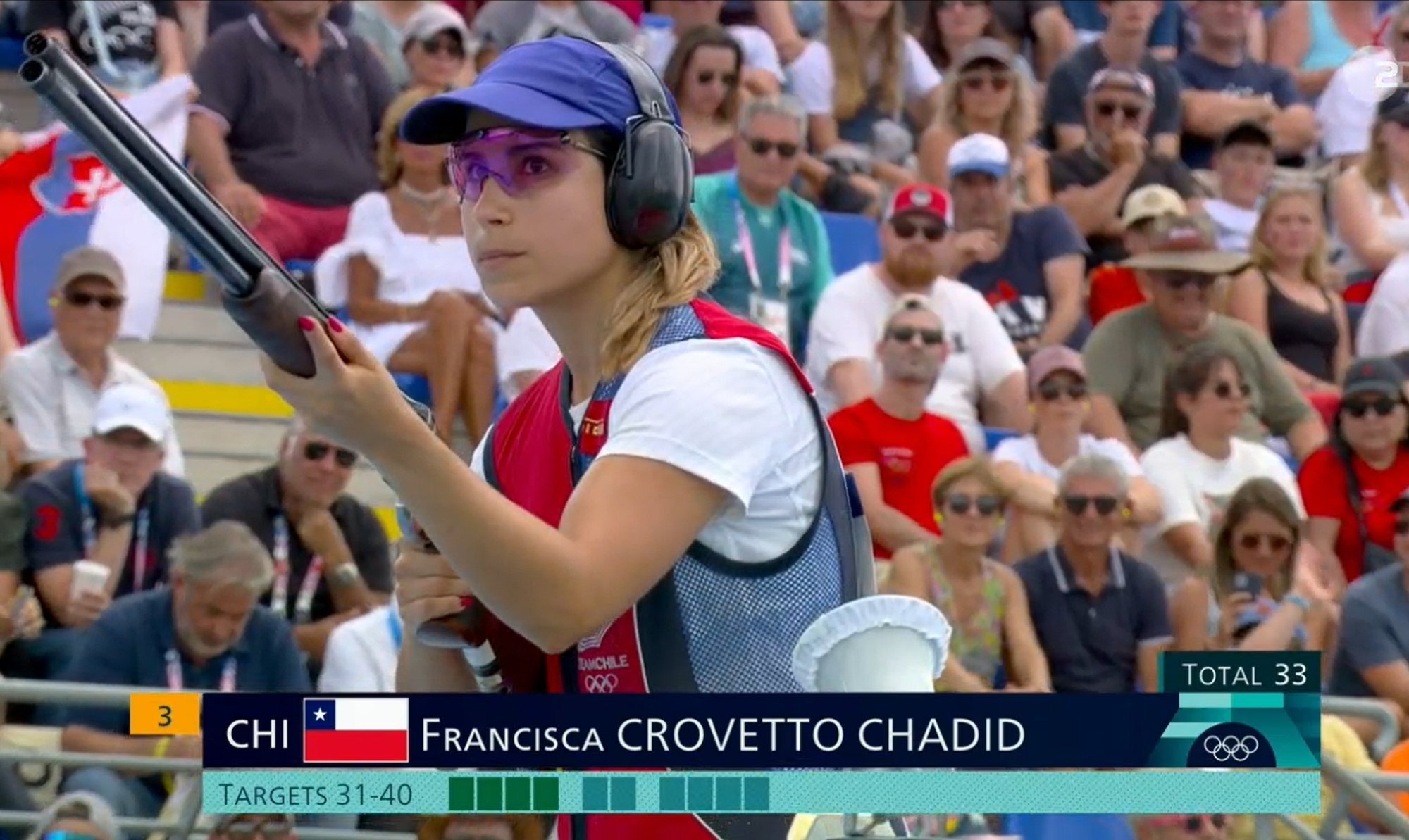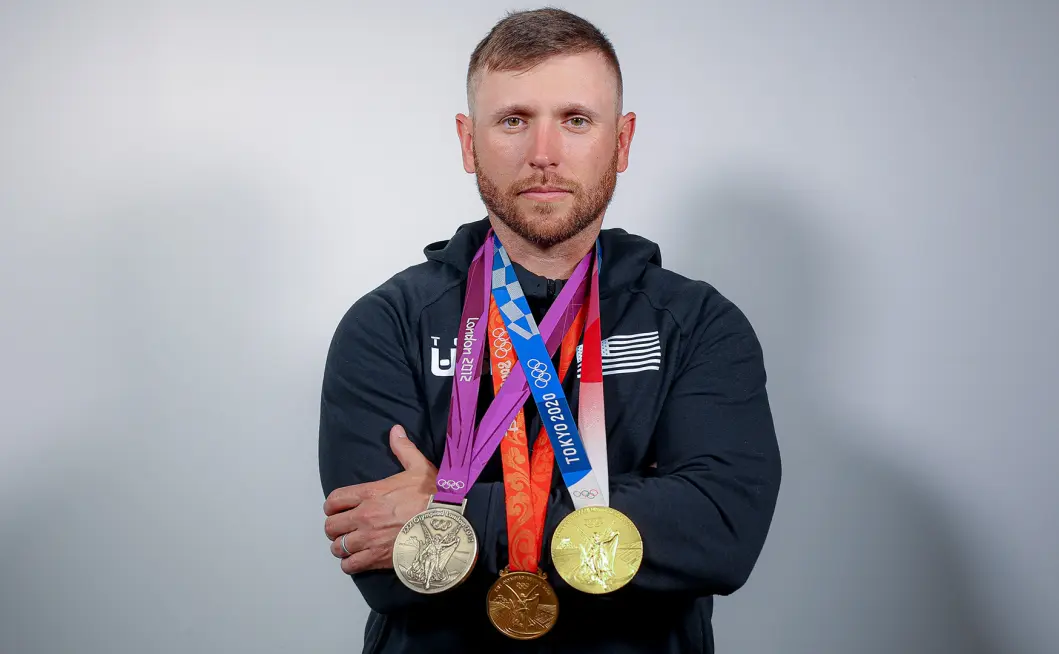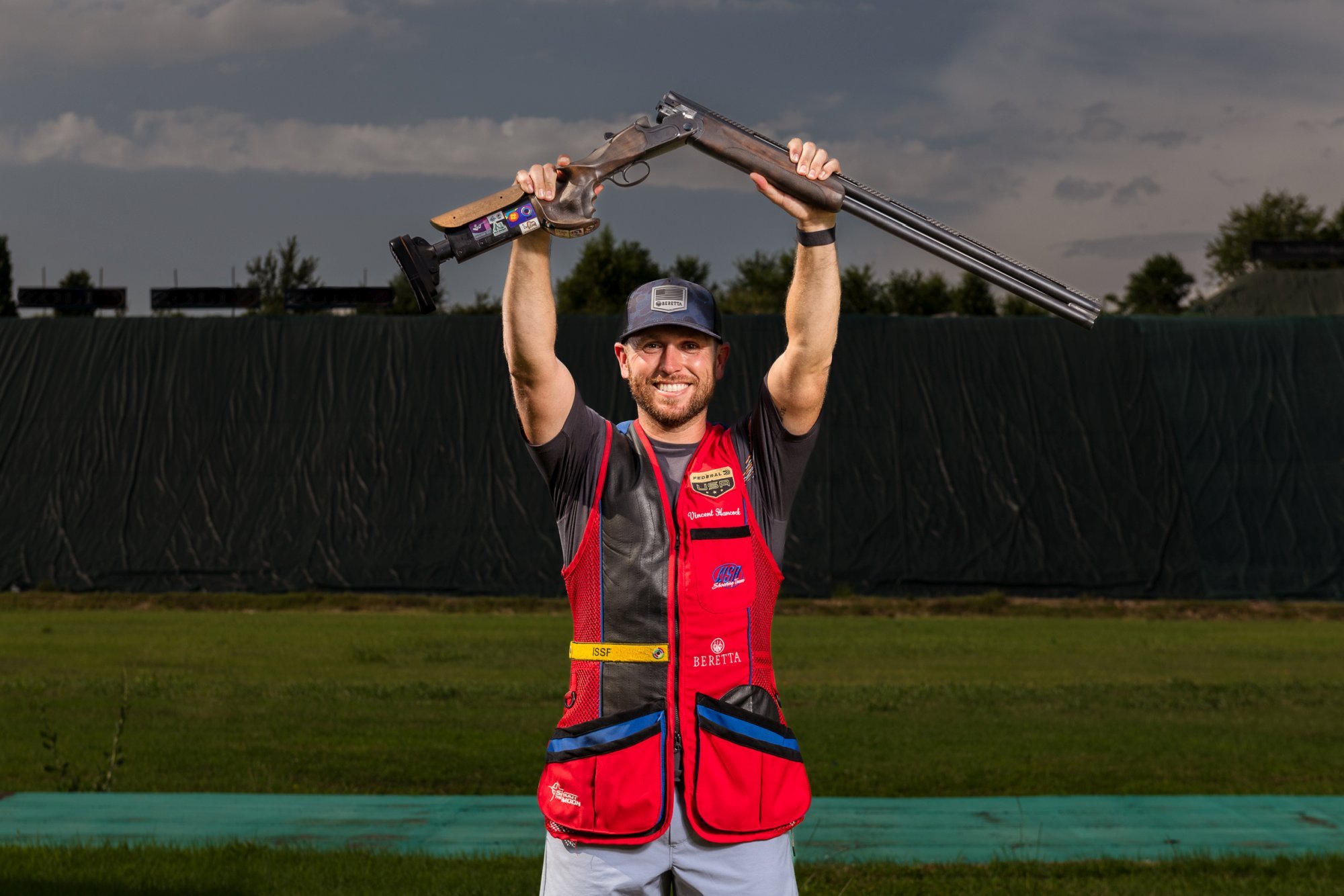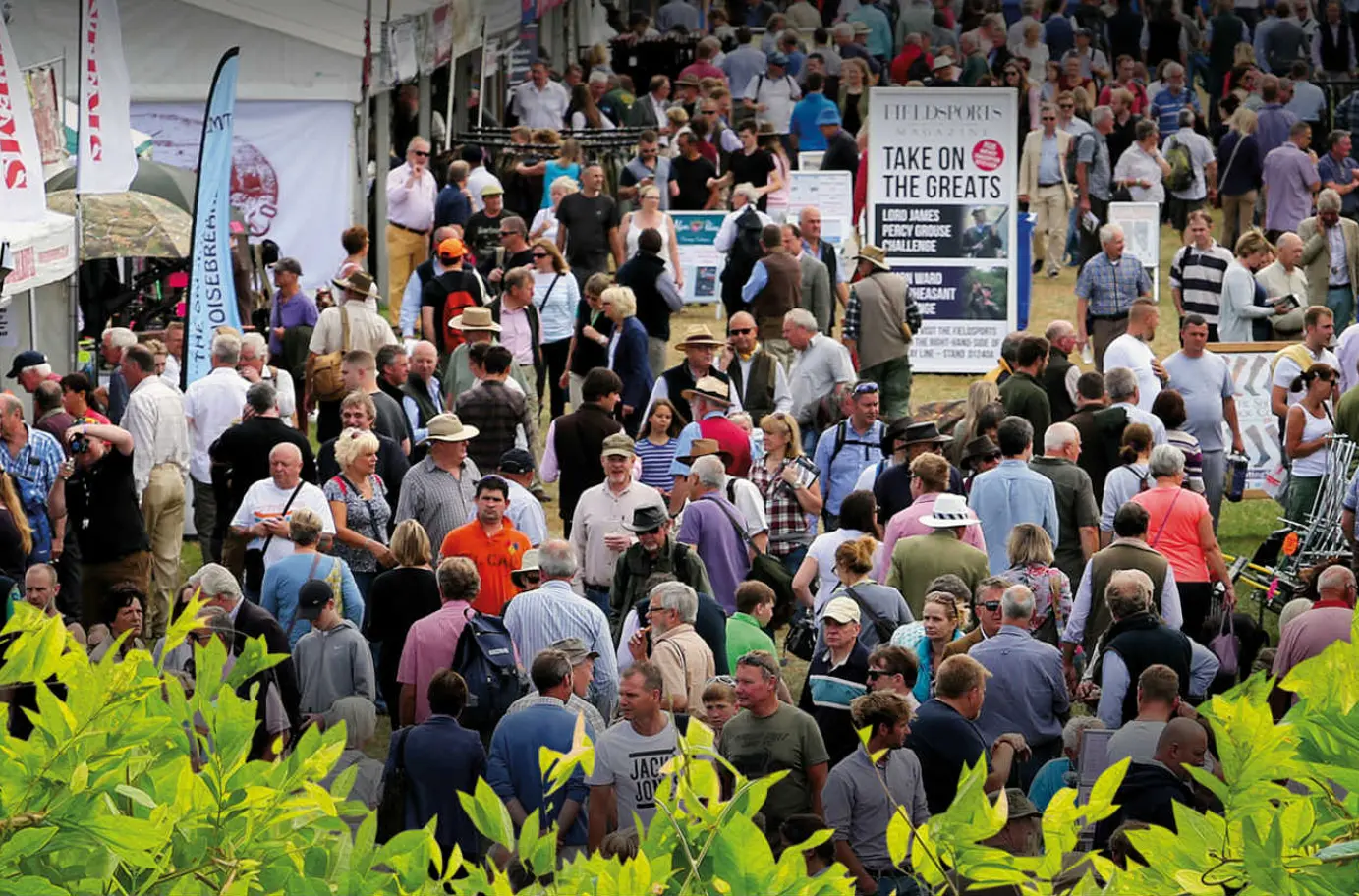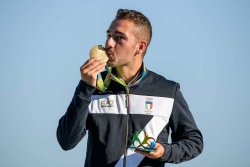
As many as 180 men and 180 women will compete in shooting sports in Paris 2024. The total of 360 shooters (approximately) is the same as those who competed in Tokyo 2020. As is well known, 312 places (156 per gender) were allocated in the ISSF-International shooting sports federation designated championships between 14 August 2022 and 9 June 2024, and each National Olympic Committee (NOC) was allowed a maximum of 24 quotas (12 per gender) in all 12 individual shooting events.
Actually, no country got all 24 Olympic places, i.e. two for each individual event. China came closest, with 23, but is absent from the men's skeet. India has 21 qualified athletes (with some shortcomings in trap and skeet), the United States 18, the Republic of Korea 16, Germany and Italy 15. France, as host country, has 12 quotas (6 per gender) for the shooting sports events. Since, however, eight of its shooters have earned participation through the process set up, it is entitled to 8 quotas in the disciplines in which there were no qualifiers and therefore fields a total of 16 male and female shooters. Here is how skeet works:
The Individual Ranking at the Paris 2024 Olympics
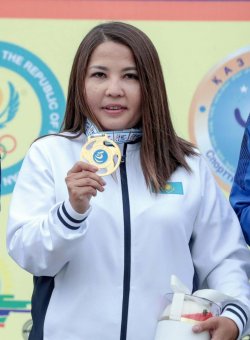
Just on 9 June, the ISSF announced the awarding of individual places for Paris 2024 to the last twelve athletes through the final list of the Qualification Ranking for the Olympic Games (QROG) of the individual events. The quota places have gone to the highest-ranked athletes from the QROG not yet qualified in any event. Here they are: 10m air rifle men, Hajun Park (Republic of Korea); 50m rifle 3-positions men, Romain Aufrere (France); 10m air pistol men, Lauris Strautmanis (Latvia); 25m rapid fire pistol men, Matej Rampula (Czech Republic); trap men, James Willett (Australia); skeet men, Gabriele Rossetti (Italy); 10m Rifle women, Aneta Stankiewicz (Poland); 50m rifle 3-positions women, Jolyn Beer (Germany); 10m air pistol women, Sevval Tarhan (Turkey); 25m pistol women, Mathilde Lamolle (France); trap women, Alessandra Perilli (San Marino); skeet women, Assem Orynbay (Kazakhstan).
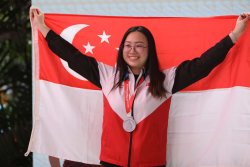
These are high-level, in some cases top-level athletes, and the qualification system has provided for the possibility of a final repechage to ensure their participation in the Olympic competition. This is the case, for example, of San Marino's Perilli, a historic individual trap bronze medallist and mixed silver medallist with Gian Marco Berti; of Italy's Rossetti, gold medallist in skeet at the Rio de Janeiro Olympics; and of Australia's Willet, an Olympic double trap finalist converted to trap. Orynbay won "at home", the Almaty Cup in 2023.
But also of young hopefuls such as the French Aufrere, who won everything as a junior, or experienced athletes such as Poland's Stankiewicz or Germany's Beer. Czech Rampula finished fourth in the last World Cup final in rapid fire, just as Strautmanis, fourth in the 10m pistol ranking, has won numerous medals in the international competitions that count.
Universality places at the Olympic Games
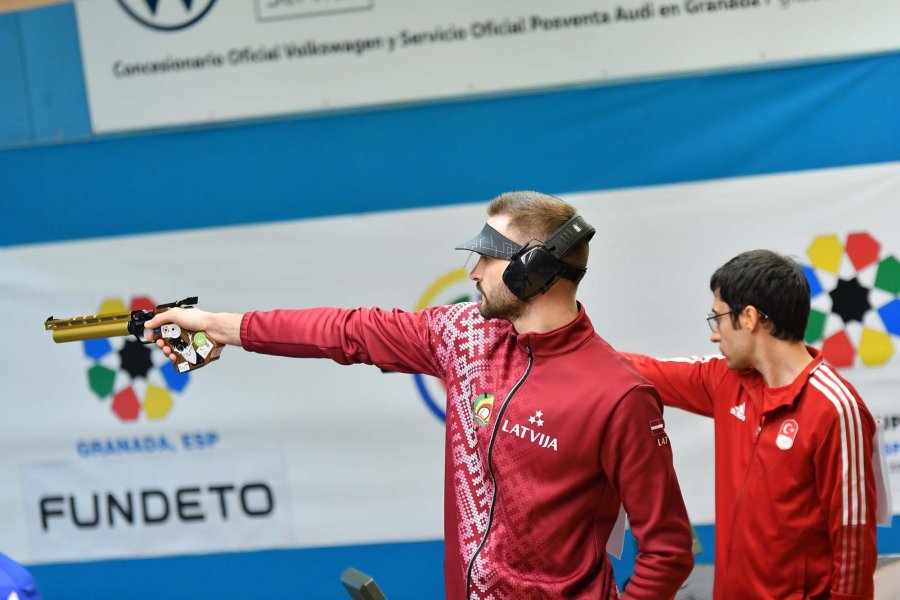
But that's not all. The latest are the 16 so-called "Universality places" (8 per gender): Olympic places made available to eligible NOCs for Paris 2024. Universality places are a lifeline for athletes from under-represented National Olympic Committees, designed precisely to increase the diversity of participating nations in the sporting programme of the Olympic Games. There is one rule: National Olympic Committees that participated with an average of eight athletes or less in individual sports in Rio 2016 and Tokyo 2020 are entitled to a Universality place. They are, for example, 35 African states, 18 American, 17 Asian, 9 European (i.e. Albania, Andorra, Iceland, Liechtenstein, Malta, Monaco, Montenegro, North Macedonia, San Marino), 14 from Oceania. The IOC Tripartite Commission analyses all the applications it receives and considers criteria such as universal representation, the fitness and technical level of the athletes, the balance between continents and genders, and the preference of International Sports Federations and National Olympic Committees.
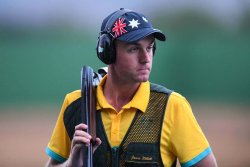
The Tripartite Commission has already confirmed, in writing, the allocation of Universality places to the NOCs concerned. And the choice does not appear random, although a little forced. In men's 10m air rifle, Israel's shooter, Sergey Richter, 24th in the ranking, even boasts a World Cup victory in 2009 and a few more recent placings, yet Bangladesh's Md Robiul Islam Robiul has qualified just twice for a final, in the World Cup and the Asian Championships. And so, in women's 10m air rifle, the three qualified athletes have never made it to an international final. Salvador's Israel Gutierrez came close and has already participated in Tokyo, but he is 152nd in the ranking of the 50m rifle 3-positions men. Austrian Andreas Thum boasts two team medals in the Cup and also an individual bronze in Cairo last year. Philip Elhage, representing exotic Aruba, in 10m air pistol, is even further back in the ranking, but already participated in Tokyo and even Beijing. Ukrainian Oleh Omelchuk is a veteran of many "battles". The Albanian Manjola Konini was a women finalist in 25m pistol in the Cup in Cairo in 2022, while Singaporean women pistol shooter Xiu Hong Teh boasts one individual and two team victories in the 25m World Cup. In men's trap, while Maltese Gianluca Chetcuti is 68th in the World Ranking and had some placings in a few finals in recent years, Omani Said Al Khatri has never qualified for an international final. In the skeet the Icelandic Hakon Svavarsson and the Palestinian Jorge Antonio Salhe are over 110th in the ranking and do not know what an international final is. Finnish trap shooter Noora Antikainen, who is over 40, won the 2022 Baku Cup stage.
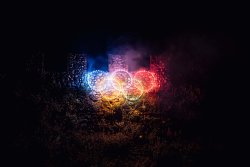
For the nominative places, the "games" are done, but for the host country and for some teams reservations still remain, because the federations or technical commissioners may decide to send to Paris the most fit shooter who may not have personally won the place. And, then, there is the interchangeability between rifle and pistol: that is, some shooters may choose to participate in a second event in addition to the one for which they qualified. Some reallocations and replacements are planned, but the picture is quite complete and can be checked on the ISSF website.
At the end of this procedure, each event will see the confrontation between some thirty shooters who will go on to their qualification in Châteaurox, from which the eight or, for some specialities, the six finalists will then emerge. These athletes will compete for the most important medals of the four-year period: for some, but perhaps for all, the crowning achievement of a sporting career. For this reason, winning a medal, but also simply participating, is truly a dream!
To read the previous articles click here:
- It will be a global celebration of sports: here's what to know about the Paris 2024 Olympic Games for sport shooters
- Ten days of passion! Shooting competitions at the Paris 2024 Olympic Games from July 27 to August 5 in Châteauroux
- Paris 2024 Olympic Games: sport shooting events to begin on July 27, 2024 – Media coverage and time schedule
- Interview with Luciano Rossi, President of ISSF
- Shooting events at the Olympic Games: 10 meter air pistol, show and thrill are guaranteed
- Road to Paris – Trap: in the beginning they were glass target balls, which turned into clay pigeons
- Paris Olympics: the ISSF House in Châteauroux
- Shooting events at the Paris 2024 Olympics, pistols "on fire" at 25 meters
- 50m rifle three-positions: the most technical shooting event at the Paris Olympic Games
- Skeet, it's all about "swing" in the popular clay target shooting discipline



